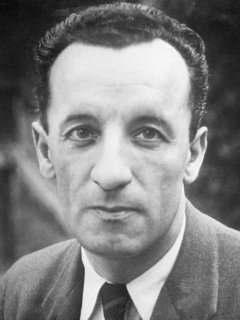

Mind-brain dualism and its place in mental health care
pp. 345-357
in: Thomas Schramme, Steven D. Edwards (eds), Handbook of the philosophy of medicine, Berlin, Springer, 2017Abstrakt
This chapter begins by setting out and explaining the doctrine of 'substance dualism", according to which the mind and the brain are distinct and mutually independent 'substances". It then examines the merits and deficiencies of dualism, in comparison with those of alternative theories, in answering questions about the nature and treatment of mental disorder, its similarities and differences from bodily illness, and the relation between mental disorder and brain dysfunction. The alternative theories considered are the mind-brain identity version of materialism, and Merleau-Ponty's conception of human beings as "embodied subjects".


